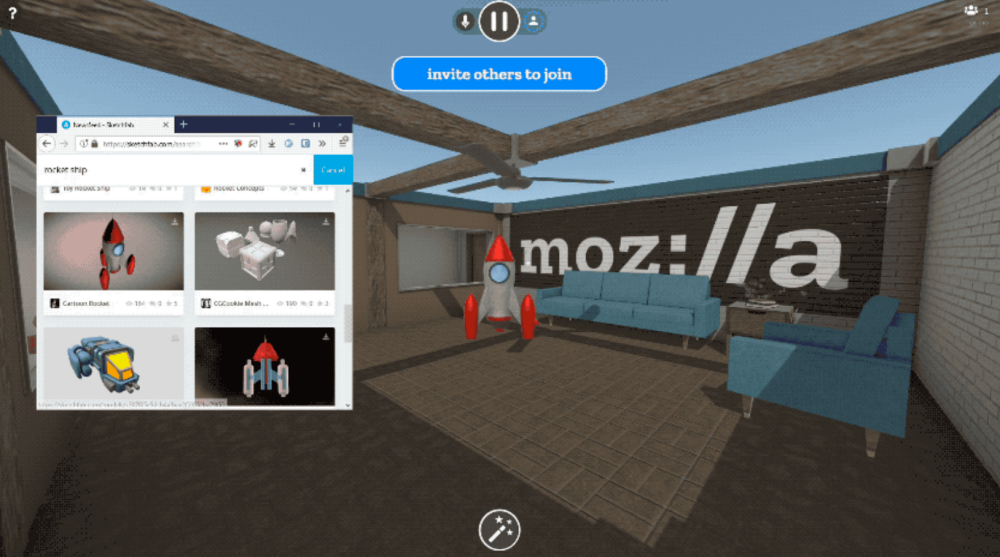Higher Education After COVID-19
- Responding to the Coronavirus Emergency with e-Learning
- Open Content for e-Learning in Response to the Coronavirus
- Online Assessment with e-Portfolios in Response to the Coronavirus
- Tools to engage students online.
- Mentoring student group work online.
- Higher education after COVID-19: Not business as usual
These are online, open to all and free. Suggestions are welcome.
Mentoring student group work online
The best way for students to learn practical skills for a vocation is by practice. This can be in a real workplace as an intern, or in a team of students working on a real-world project. But many "real" workplaces are now virtual, with staff working online remotely. This requires new skills of those providing Work Integrated Learning.Questions for participants:
1. How do you provide individual students, or teams, just enough advice, when you can't physically meet with them?
2. How can online mentoring techniques be used after face to face teaching and working resumes?
Mentors give guidance based on experience
| Telemachus son of Odysseus and Mentor from Aventuras de Telémaco by Pablo E. Fabisch / Public domain |
The
tools a mentor uses may be much the same, but their role is different
to other teachers. The mentor is experienced in what it is the
student is learning to do. The mentor answers questions and provides
advice, rather than taking the student through a set of coursework.
Other educators may have set out what the student needs to learn, the
mentor helps with the practicalities. As an example, I tutor students undertaking team projects and mentor participants in hackerthons, not telling them how to do the project, but asking what they intend to do.
Work-integrated learning (WIL)
 |
Dr Penny Kyburz,
Game Developer |
Take the learning to the workplace or the workplace to the learning.
- ANU TechLauncher: students working in teams for a client
- ANU Computer Science Internship Program: individual students working in an organization
Australia has Work-integrated learning (WIL) both in its Vocational Education (VET) sector and universities. I was trained in computing in the Australian Public Service (APS), through short courses by contracted professionals, and supervision in the workplace. Employers may also release staff to attend courses at VET institutions or universities. The APD trainees are called apprentices or cadets. There are also university courses where students work in a company as "interns". Students may also work in a team on a project for a client.
Mentoring has a role here as these trainees need a form of supervision which takes account of their role as someone working but also learning. Ideally there will be someone with work experience working alongside an educator to ensure the trainee makes a practical contribution, learns from the experience and that can be formally recognized through a educational qualification. In some cases the professional is also an educator, such as Dr Penny Kyburz, Game Developer, and Dr Charles Gretton (AI Developer).
Project Audits
- Project Audit 1 - Week 3, to set or reset the agenda and scope for the semester
- Project Audit 2 - Week 6, to guide and evaluate progress, based on the project scope
- Project Audit 3 - Week 10, to finalise and prepare for the next stage of the project
Many Eyes Process
From: Many Eyes Process, ANU, 2020
Mentoring Online With Remo Conference
 |
| Remo Conference Example |
Participants in Canberra's ZeroCO2 Hackathon 2020
took part in an online idea forming exercise this month. Teams were each allocated a table and booked sessions with a mentor. The mentors had their own virtual table where they could chat between mentoring sessions. At the end of each set time period a bell would sound indicating it was time for mentors to move to their next team appointment.
This format has been used at the Canberra Innovation Network (CBRIN), for fast paced start-up sessions for several years. The difference this year is that it has moved online due to COVID-19. The room and tables are virtual. While many video conference and forums tools could be used, Remo Conference was used for the ZeroCO2 hackerthon. This displays a floor plan of the virtual room, with participants seated.
Mozilla Hubs is Too Much Like Life
Last week the



No comments:
Post a Comment